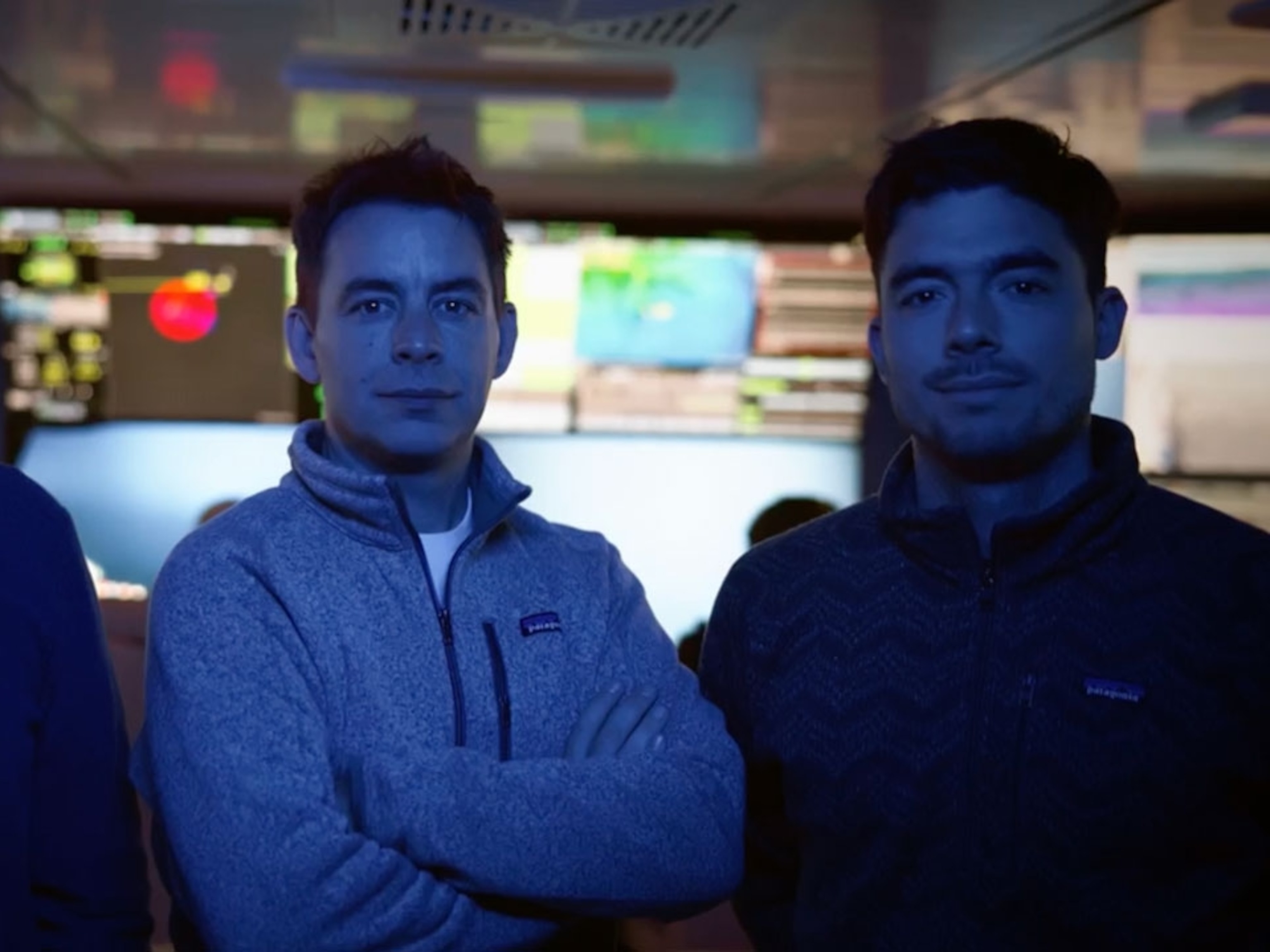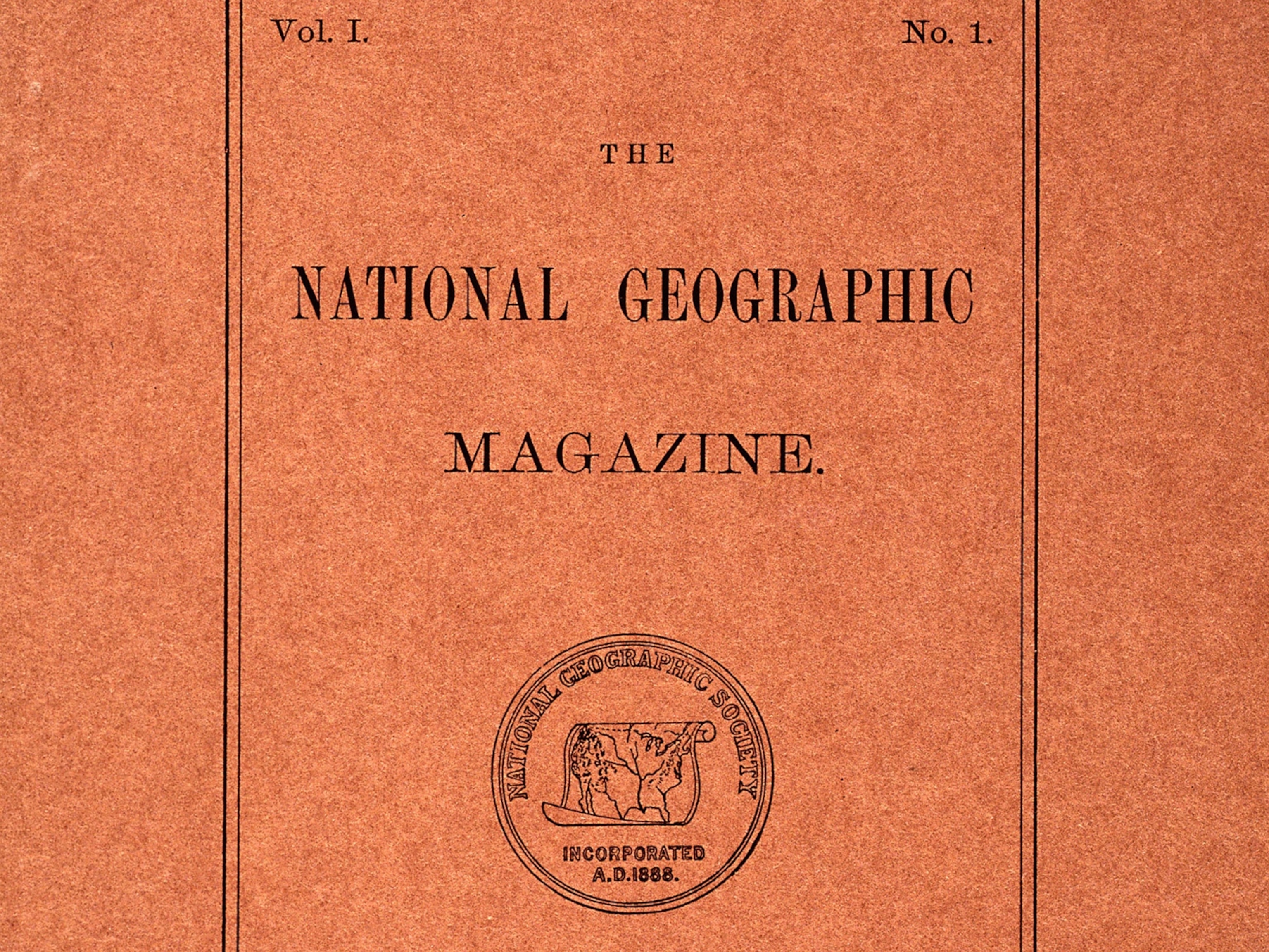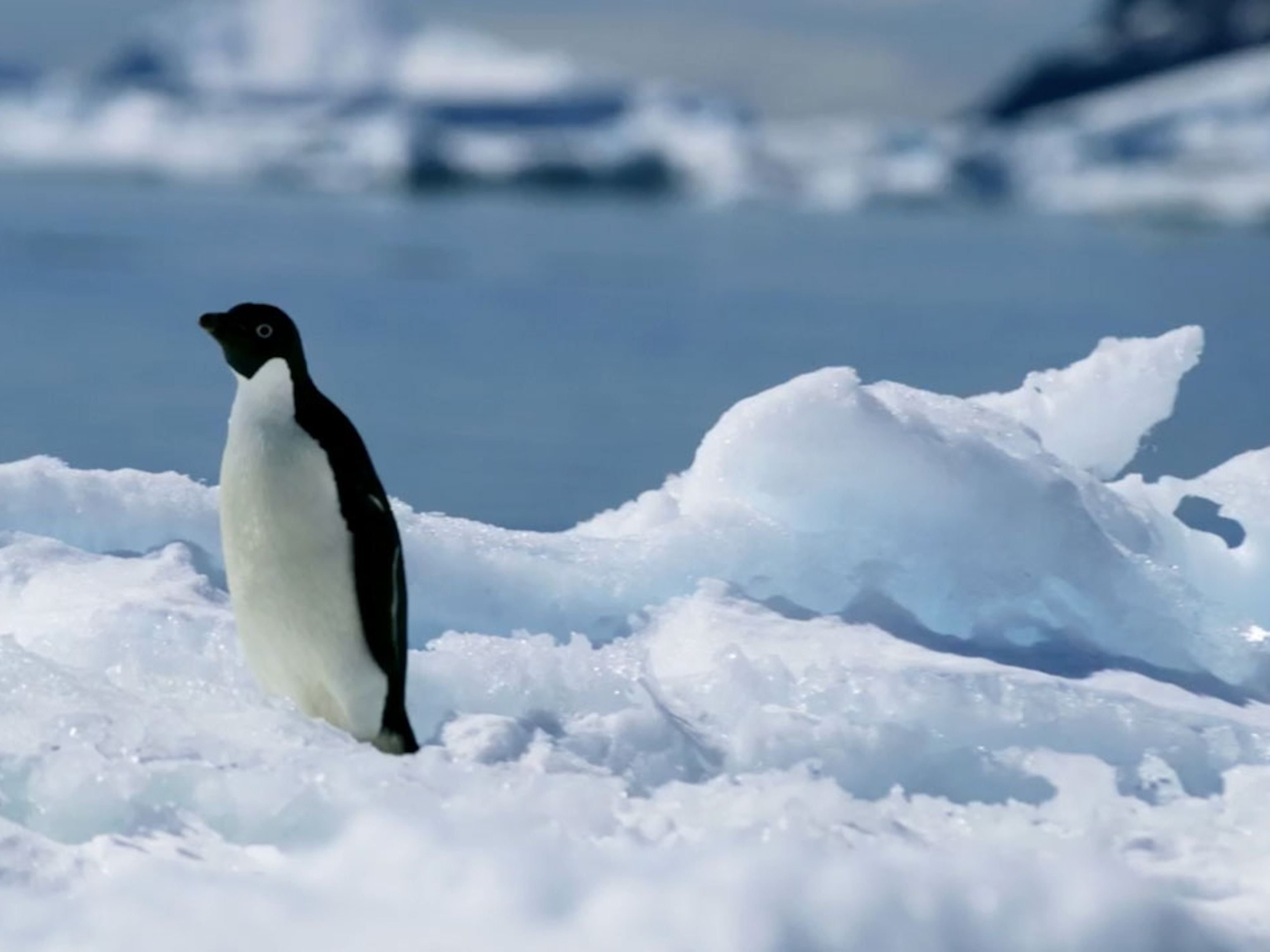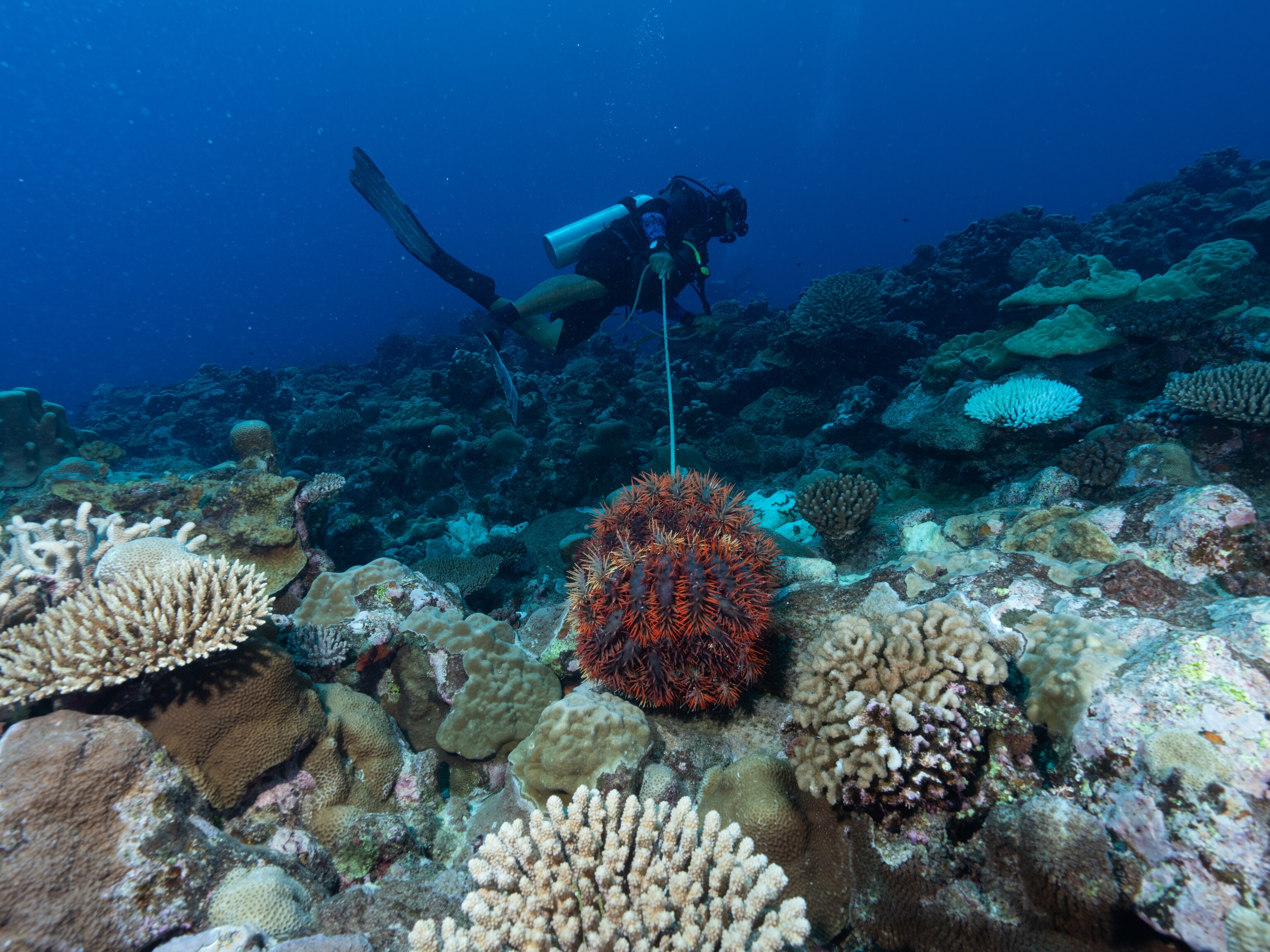Enric Sala: Working to protect vital ocean ecosystems
His ocean conservation project with National Geographic has helped to protect more than six million square kilometers of ocean.
Enric Sala is a former university professor who saw himself writing the obituary of ocean life, and quit academia to become a full-time conservationist as a National Geographic Explorer in Residence.
In 2008, he founded National Geographic Pristine Seas, a project that combines exploration, research, public policy and media to inspire the creation of marine protected areas. The project aims to protect at least 30 percent of the ocean by 2030 for the benefit of nature and humanity. Less than eight percent is currently protected.

Spending weeks at sea, diving thousands of hours, and seeking out some of the least explored and understood places in the ocean, Sala leads a team of determined scientists and filmmakers who together work to inspire the creation of protected areas where marine life can thrive — while ensuring effective management for years to come.
To date, Pristine Seas has helped to create 25 of the largest marine reserves on the planet, covering an area of over 6.5 million square kilometers, an area twice the size of India. The milestones are the culmination of 36 expeditions spanning the globe, from the coral atolls of the Southern Line Islands, to the polar waters of Greenland and Alaska.
The ongoing marine protection efforts are an expression of a lifelong passion for Sala, who professes his admiration for legendary filmmaker and undersea explorer, Jacques Cousteau.
“Growing up in Catalonia in the 1970s, every Sunday I would sit in front of la caja tonta, the dumb box, watching my hero.” Sala says. “The exotic places, the daring underwater explorers, the spectacular creatures. It was all I wanted to do with my life,” he adds. “Sometimes dreams do come true.”
In June 2021, Sala was awarded the National Geographic Society's Hubbard Medal for his commitment and dedication to protect critical areas of the ocean.
“In the last century alone, we have removed over 90 percent of the ocean’s large fish, yet less than eight percent of the ocean is under some kind of protection. We’re still learning about the collateral damage from destructive fishing activities, like bottom trawling, which scrape up the ocean floor—the world’s largest carbon storehouse,” Sala writes.
“But it is possible to restore the ocean’s benefits to people and the planet. All we must do is rewild the sea. The only catch is that we can’t wait. We have less than a decade to act.”
Sala asserts that preserving the planet’s wild places, on land and in the ocean, is a matter of human survival and economic importance in his book, The Nature of Nature: Why We Need the Wild, published in 2020. The process of rewilding, or restoring and protecting natural processes, “allows nature to do the hard work for us,” he explains.
“Our natural world can be a sustainable, resilient engine of regeneration, we just need to give it some space,” he adds, citing wildlife restoration successes in Yellowstone and Mozambique national parks, and the Southern Line Islands.
“It’s not too much to say that if we protect nature, she will protect us as well.”




